
Sports Concussions: What About Jockeys?
A University of Kentucky researcher wants to create change in how concussions are managed and assessed in horse racing.

A University of Kentucky researcher wants to create change in how concussions are managed and assessed in horse racing.
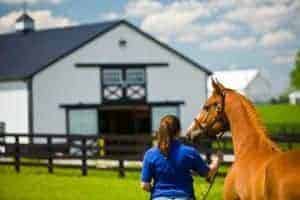
The monthly newsletter is dedicated to providing updates on research and information from UK’s College of Agriculture, Food and Environment.

Maddie Regis describes her morning with the parasite research horse herds and the scientists that study them.
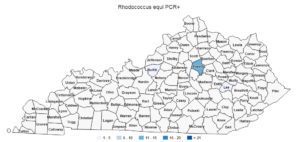
Rhodococcus equi is the most serious cause of bacterial pneumonia in foals 4 to 6 months old.
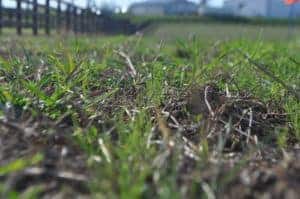
While substantial improvements are long-term endeavors, some quick fixes can improve pastures in six weeks or less.
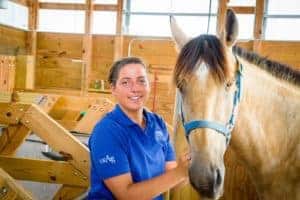
Taylor is studying how Kentucky 31 tall fescue and a novel endophyte tall fescue affect nonpregnant and pregnant mares.
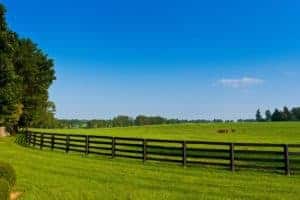
Presentation topics include feeding through a horse’s life cycle, evaluating body condition, nutrition myths, and more.

Dr. Laurie Lawrence shares results of studies on mare milk composition and foals’ GI microbial colonization.
The three-minute thesis (3-MT) competition teaches students to communicate about their research in a concise manner.
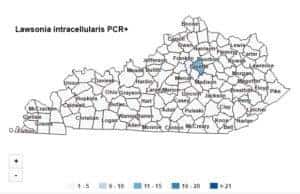
L. intracellularis can cause segments of small intestines and sometimes large intestines to thicken.

Dr. Shavahn Loux is studying mares’ microRNA population during normal gestation and experimentally induced placentitis.
The conference will cover legal issues affecting breeding, buying, selling, and other horse industry businesses.

Researchers recently conducted a study on the effects of starch source on mare and foal hindgut bacteria.
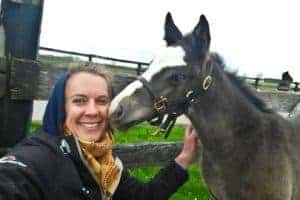
Loos is studying muscle protein metabolism and how factors like exercise, diet, and disease impact muscle development.

To mitigate the consequences of a disease outbreak, it is important to understand where the disease is spreading.
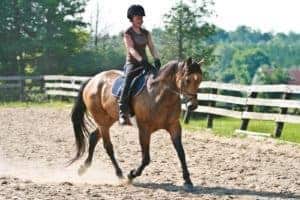
Researchers hope studying breast biomechanics could lead to the development of a better equestrian sports bra.
Stay on top of the most recent Horse Health news with